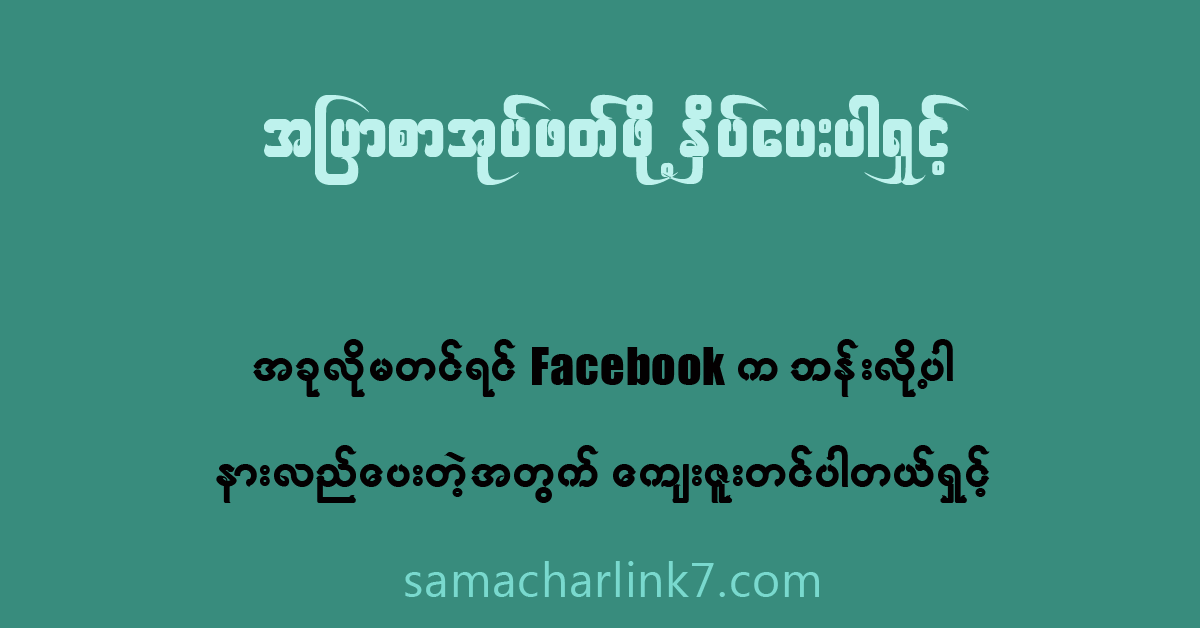
Liability insurance plays a crucial role in protecting individuals and businesses from potential financial losses arising from legal claims. Whether you’re a small business owner, a freelancer, or simply someone looking to safeguard personal assets, understanding the various types of liability insurance can help you make informed decisions. In this article, we’ll break down the common types of liability insurance, their benefits, and why they might be essential for you.
What is Liability Insurance?
Liability insurance is a type of coverage that protects you from the financial burden of legal claims brought against you for causing harm or damage to others. These claims could include bodily injury, property damage, or even defamation. Without liability insurance, you might have to pay out-of-pocket for legal fees, settlements, or court judgments.
Types of Liability Insurance
Here are the most common types of liability insurance and their key features:
1. General Liability Insurance
General liability insurance is essential for businesses of all sizes. It covers:
Bodily injury: Protects you if someone is injured on your business premises.
Property damage: Covers damages caused to a third party’s property.
Personal and advertising injury: Includes claims related to slander or copyright infringement.
This type of insurance is often required for businesses signing contracts with clients or leasing office space.
2. Professional Liability Insurance (Errors and Omissions)
Also known as E&O insurance, this coverage is designed for professionals such as doctors, lawyers, consultants, and architects. It provides protection against claims of negligence, errors, or omissions while delivering professional services.
For example, if a client sues a consultant for giving faulty advice, professional liability insurance covers legal fees and settlements.
3. Product Liability Insurance
Manufacturers, wholesalers, and retailers can benefit from product liability insurance. This type of coverage protects against claims resulting from defective products that cause injury or damage.
For instance, if a faulty electrical device causes a fire, product liability insurance would cover the legal costs and compensation.
4. Employer’s Liability Insurance
This insurance is often paired with workers’ compensation insurance and is a must-have for employers. It covers claims from employees who experience work-related injuries or illnesses that may not be fully covered by workers’ compensation.
5. Cyber Liability Insurance
With the rise of cybercrime, businesses are increasingly vulnerable to data breaches and hacks. Cyber liability insurance covers:
Costs of notifying affected customers.
Legal fees associated with data breaches.
Compensation for losses due to cyberattacks.
This is essential for businesses that handle sensitive customer data.
6. Public Liability Insurance
Public liability insurance is particularly useful for businesses that interact with the public. It covers claims related to injuries or property damage caused by your business operations.
For instance, a retail store owner might need this coverage to protect against claims from customers slipping and falling on the premises.
Why Do You Need Liability Insurance?
Liability insurance acts as a safety net, ensuring that you’re not financially devastated by unexpected claims. It:
Protects your assets.
Covers legal expenses.
Boosts your credibility and trustworthiness.
For businesses, having the right liability insurance can also fulfill contractual obligations and reassure clients or customers of your reliability.

